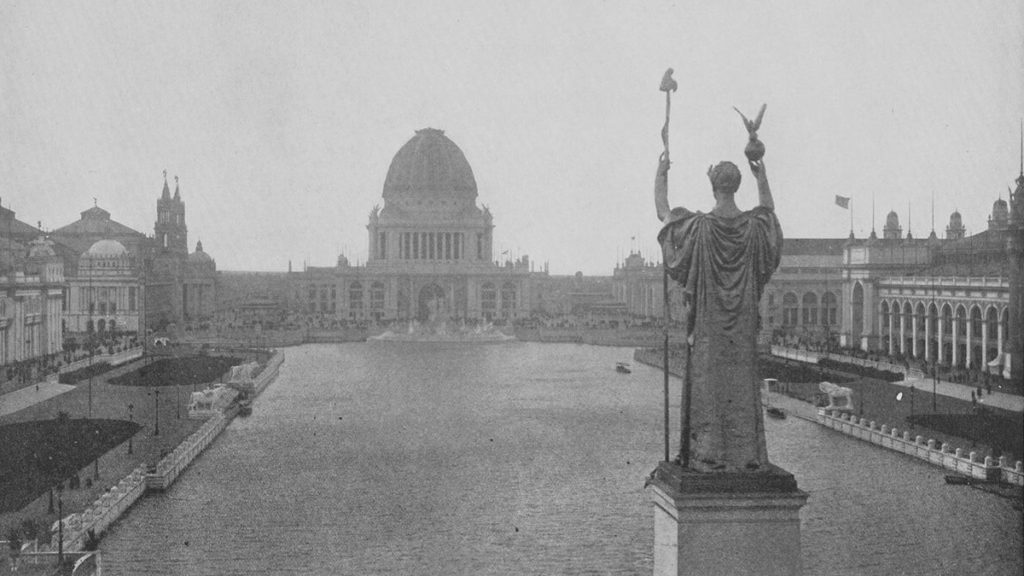The downside of having 10,000 books that you want to read before you die is that, inevitably, some pretty good titles wind up languishing on your shelves for years. That’s why I only recently got around to reading a bestseller from years ago: The Devil in the White House… Sorry, I meant The Devil in the White City. Ha — I’m sure there’s nothing Freudian about that, nope.
Anyway, The Devil in the White City is a nonfiction book about two overlapping narratives.
First, we have the story of Daniel Burnham, the chief planner of the Chicago World’s Fair of 1893, which was an urban marvel of such grandiosity that its influence is still felt today in the fields of architecture, pop culture, and urban planning.

Second, we have the tale of H. H. Holmes, notorious for being America’s first serial killer (or at least the first to achieve nationwide infamy).
Both Burnham and Holmes reached the pinnacles of their careers in Chicago at the same time, which is what gives The Devil in the White City its thematic structure. The fact that one designed buildings and the other strangled women is a dissonance that it’s best not to dwell on.
In any case, one fact about the dual subjects of the book stood out to me.
You see, Burnham’s early life was one of mediocrity, if not outright failure. He sucked at school, bounced around from job to job, and only became successful in architecture after wiping out in other fields.
But he was a white guy who was good looking and charming, and society gave him numerous chances to fulfill his potential.
Holmes was a bald-faced liar who cheated people out of their money and displayed overt sociopathic tendencies.
But he was a white guy who was good looking and charming, and society gave him numerous chances to fulfill his potential.
White City, indeed.
Both architect and murderer benefitted from white privilege, which at that time was so ingrained that it didn’t even have its own name (it was just called “America”). And even though white privilege has been a powerful force in our society for centuries, many people still refuse to believe that it even exists.
Many of these people also refuse to believe that glaciers are melting and that guns are a problem, but I digress.
The point is that Burnham, for all his brilliance, simply never would have had a chance to thrive if he had been black. And he certainly wouldn’t have had the luxury of messing up repeatedly with little consequence. The guy knew that he would be ok, regardless of what he did, and eventually, he created something great.
Holmes was able to con and swindle people all over Chicago, kidnap women and children, and quite literally get away with murder because no one ever considered that this respectable white dude in a suit was anything other than a dignified member of the elite. The guy knew that he would be ok, regardless of what he did, and eventually, he created hell on earth.
Of course, Burnham and Holmes lived in a bygone era, and we have (hopefully) progressed just a little. But we have to wonder how many Latinos and African Americans of towering potential never get even half a chance to make an impact.
Furthermore, we have to ponder if there are any well-connected white men who drip with incompetence but nevertheless achieve positions of great influence, ultimately doing nothing more than enriching themselves and unleashing misery upon the planet.
No — nobody like that springs to mind…




